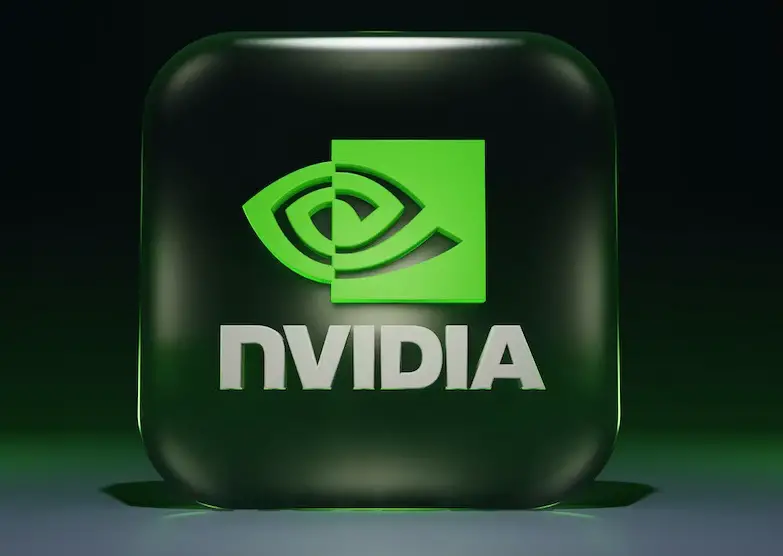Reuters is reporting that two sources have confirmed that Nvidia has told its customers in China that the release of a new artificial intelligence chip it has designed especially for the Chinese market, to comply with US export rules, will be delayed until the first quarter of next year.
The sources said the delay will affect the most powerful of the three new chips Nvidia has designed to comply with US export rules, so it may be delivered to China. Named the H20, the delay of its release is said to be complicating to Nvidia’s plans to preserve its market share in China against rivals producing similar products, such as Huawei.
Earlier this month, the semiconductor industry newsletter SemiAnalysis had reported that the California-based chipmaker was expected to launch the new chips as early as November 16th. However now one source has said they were advised that the new H20 may be released as late as February or March.
Nvidia has declined comment, and both sources spoke on the condition of anonymity, as the information was confidential.
The sources said the reason which was given for the delays was that server manufacturers were having difficulty integrating the chip into their platforms.
Nvidia is developing two other chips to comply with new export restrictions from the US, the L20 and the L2. Although the sources said they could not share any information regarding the launch of the L2, they said the L20 was not facing any delays in its release, and was presently on course to be released according to its original schedule.
After Washington tightened its export rules, Nvidia was barred from shipping many of its products, including its advanced A800 and H800 AI chips, and set about developing new products which would comply with the export rules, allowing it to continue to compete with other chipmakers selling products in the Chinese market.
The A800 and H800 were themselves originally adapted to comply with a previous set of export restrictions, when they were released to Chinese customers in November of 2022, roughly a month after the restrictions had gone into effect.
According to an analysis of their specifications by SemiAnalysis, the H20, L20, and L2 continue to include many of the newest features which Nvidia offers to optimize AI computing, however they have had some of their computing power reduced to comply with the new export restrictions.
Critics complain that the new US export restrictions have opened the door to competitors to US firms such as Huawei being able to seize market share which would otherwise have gone to Nvidia, which produces the most advanced graphics processing units (GPUs), and dominates the market.
It was reported by Reuters earlier in the month, that Baidu, the Chinese internet giant, had made a sizable order for Huawei AI chips earlier this year, according to sources. One source had said that the order was made prior to the announcement of new US export restrictions, because Baidu wanted to prepare for a future in which Chinese companies would no longer be able to purchase Nvidia products.

